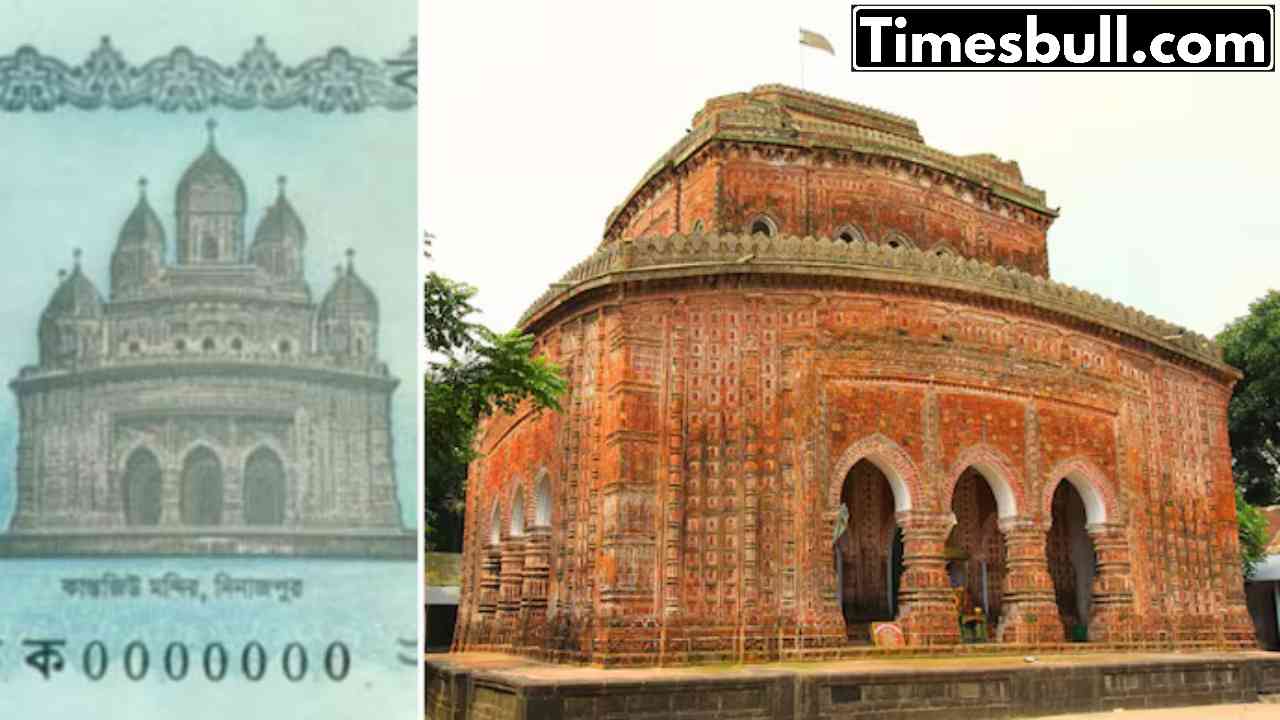Bangladesh New Currency Notes: The 18th-century Kantaji Temple in Bangladesh has been featured on the newly released 20-taka note. The decision has been historically, religiously and politically controversial. In a sign of the rapidly changing political landscape in Bangladesh, the interim government led by Muhammad Yunus is taking key decisions. The country is moving away from the legacy and memories of its founding father and Awami League co-founder Sheikh Mujibur Rahman by removing his portrait from currency notes.
It is replacing it with images of historical monuments and religious sites. In this context, the country, which has faced controversies and terrorist attacks,A picture of a Hindu temple from the 18th centuryNow, it has become important to appear on Bangladeshi currency notes. On 1st of this month, ‘Bangla Bank’ , the central bank of Bangladesh, released a new 20 taka note.
On one side of this note, the image of the historic Kantaji Hindu temple in Dinajpur is printed. On the other side, there is an image of the Paharpur Buddhist temple in Navagaon district. This Buddhist temple was recognized as a UNESCO World Heritage Site in 1985. The national flower of Bangladesh, the lotus flower (including the leaf and bud), is printed.
on the new 20 taka note, is also known as Kantaji Temple or Kantanagar Temple. It is named after Kantaji, a form of Lord Krishna, according to a report by the United News of Bangladesh (UNB). Built in the 18th century, the temple is said to be dedicated to Lord Krishna and his consort Rukmini. The construction of the temple was started by Maharaja Pranath of Dinajpur in 1704 and completed by his son Maharaja Ramnath in 1752. The temple holds special significance in the undivided Bengal region, which is famous for its Vaishnavism.
The Kantaji Temple has been attacked by terrorists in the past. A 2017 Dhaka Tribune article revealed that three bombs were hurled by New Jamaatul Mujahideen Bangladesh (JMB) terrorists during the Ras Mela celebrations in December 2015. The JMB organization, which operates as an affiliate of the Islamic State (ISIS), is banned in several countries, including India and Australia. Two terrorists were arrested after the attack. However, the JMB did not claim responsibility for the attack.
Meanwhile, in March 2024 (during the then Hasina government), the construction of a mosque on the site of the Kantaji temple caused severe tension in the local Hindu community. Dinajpur-1 MP MD Zakaria Jaka inaugurated the construction of this mosque. However, in September last year, AFM Khalid Hossain, the religious affairs advisor to the Yunus government, responded to the controversy and commented, “There is government land next to the mosque. Let the mosque expand on that leased land. The temple property should remain with the temple.” Printing the image of this temple on the currency note raises questions about religious harmony in the country.










